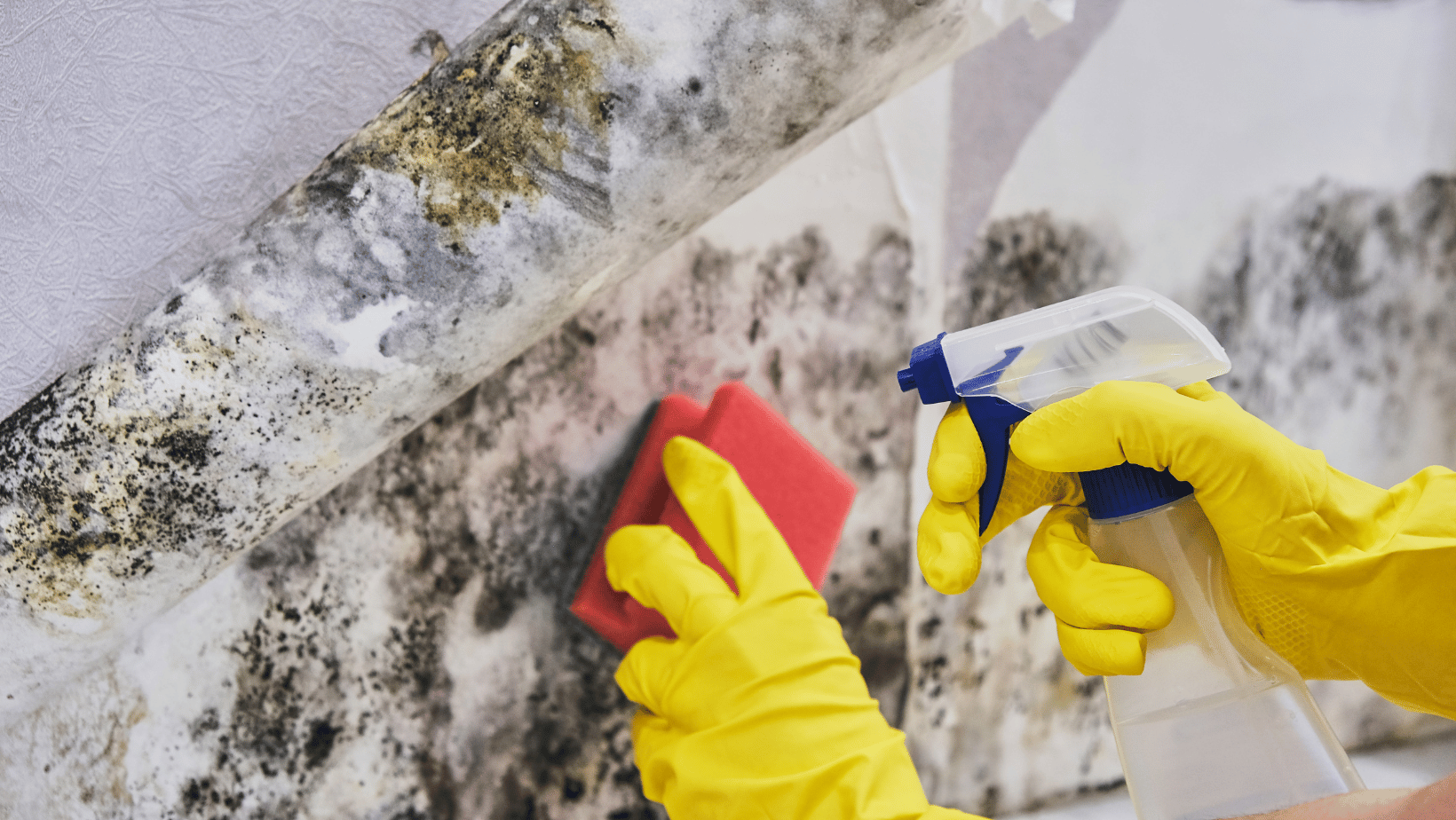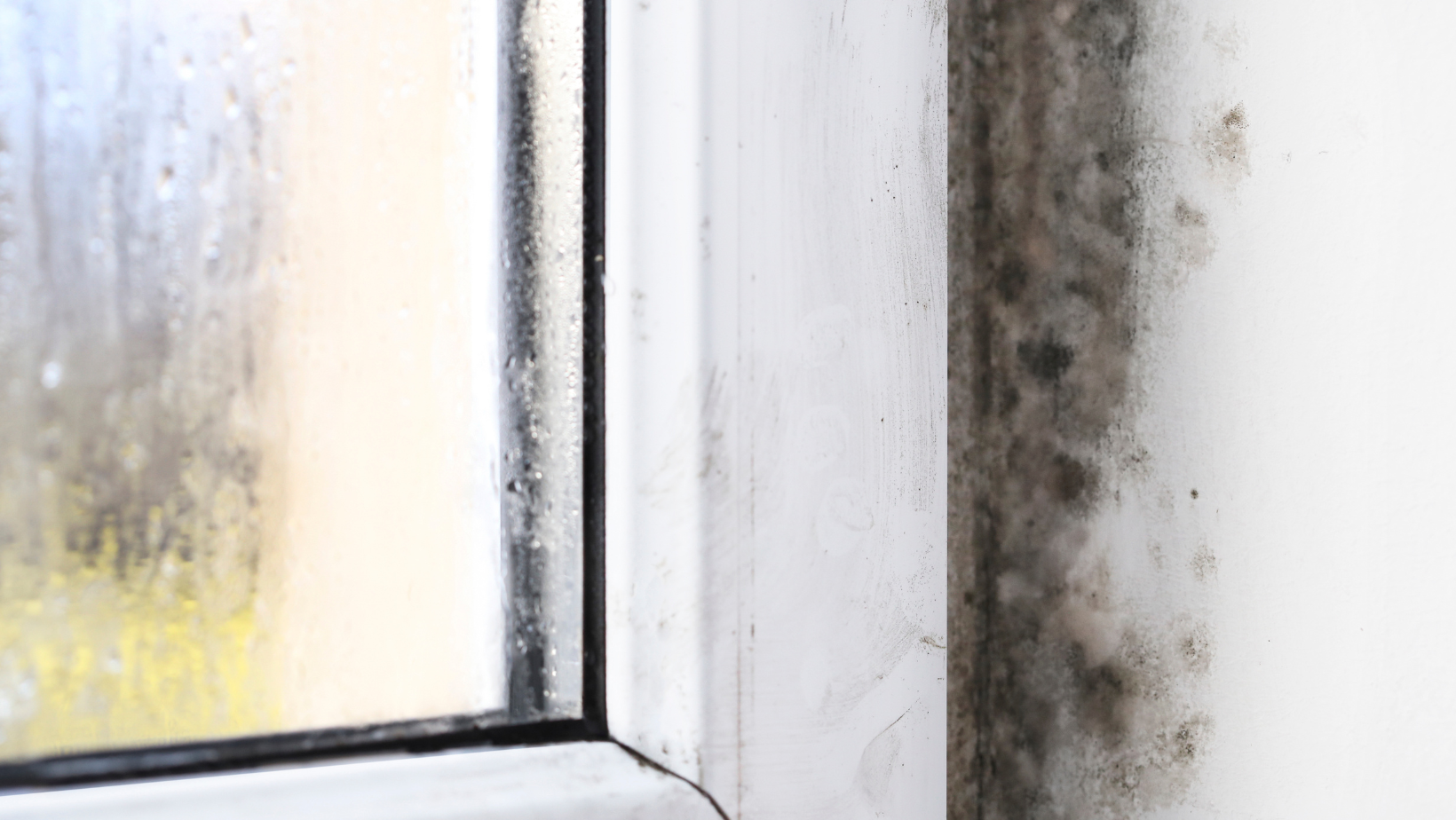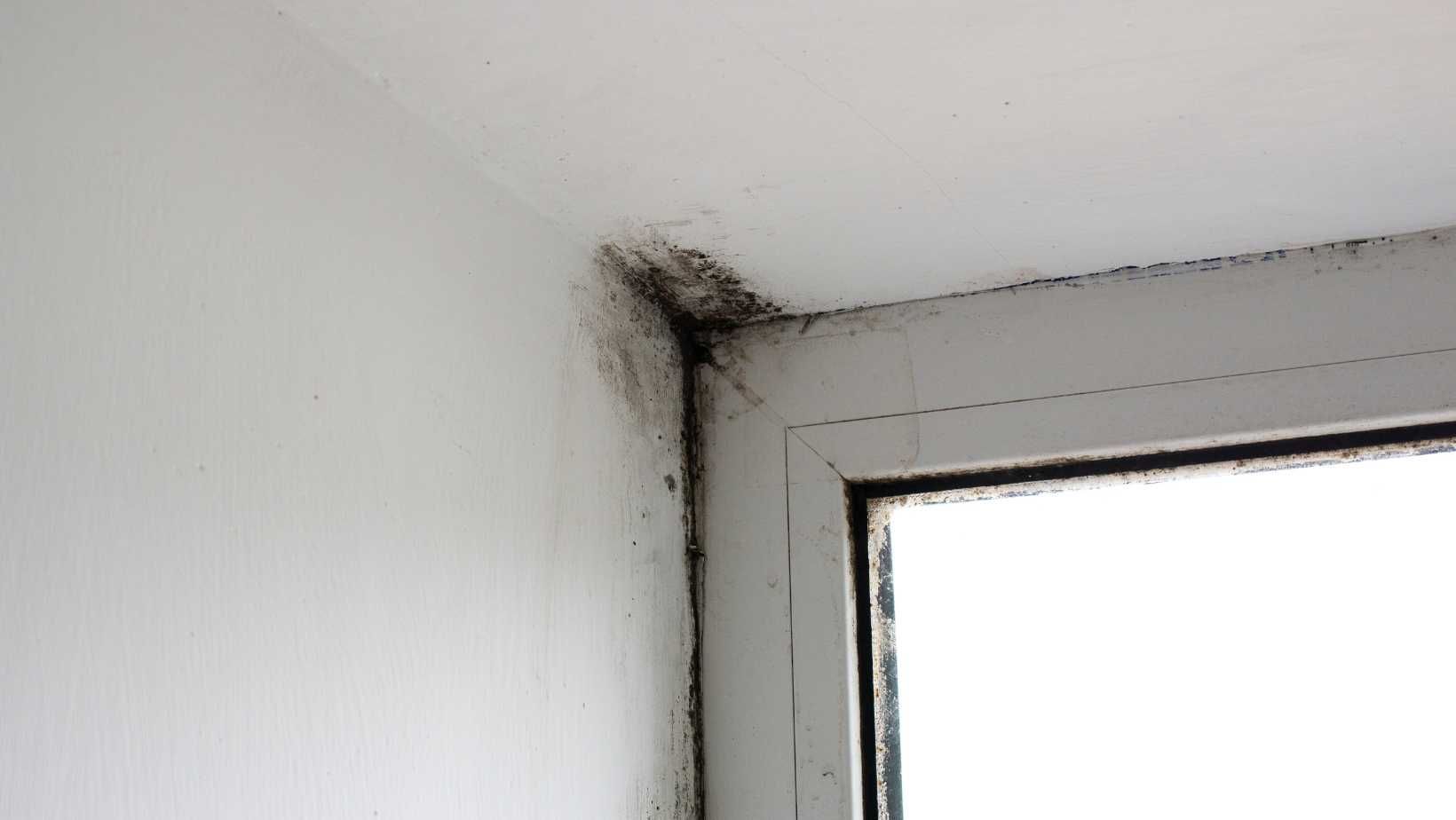When should you consider mold testing in you New Orleans, LA home?
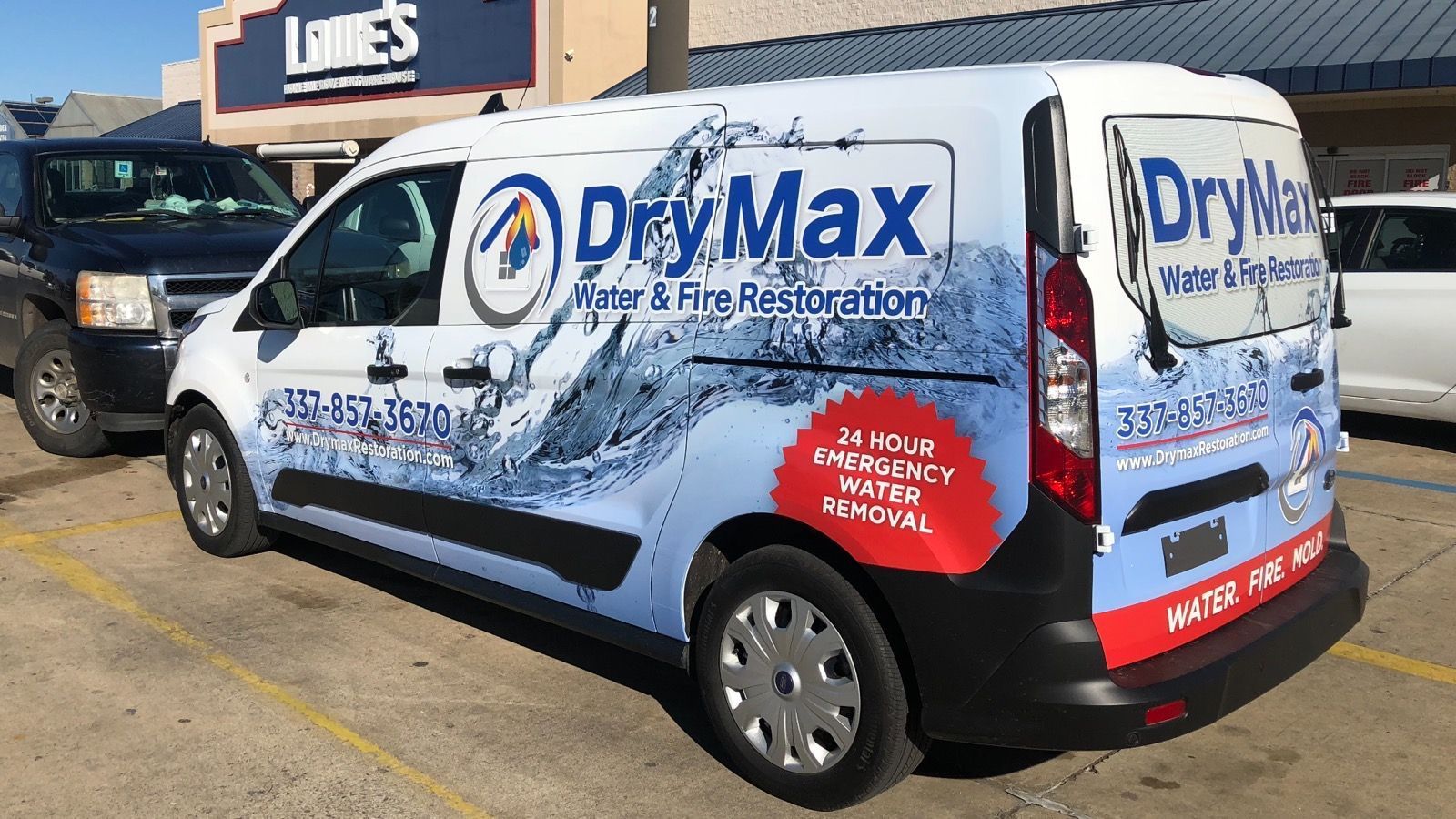
Mold is a type of fungus that can grow in moist New Orleans environments and can cause potential health risks to those exposed to it.
In New Orleans, where humidity levels can be high, mold growth can be a common problem. If you suspect that your home has mold growth, it may be necessary to have mold testing done to determine if mold is present and if it is dangerous.
Mold testing can be beneficial in various situations. If you have noticed a musty smell in your home or visible signs of mold growth, such as discoloration on walls or ceilings, it is recommended that you have mold testing done to identify the type and extent of mold growth. Additionally, if you or any of your family members have experienced respiratory issues or other health problems that could be related to mold exposure, it is important to have mold testing done to identify any potential health risks.
It is also important to have mold testing done if you have recently experienced water damage in your home, such as flooding or leaks. Mold can begin to grow within 24-48 hours after water damage occurs and can spread quickly if not properly addressed. Mold testing can help to identify any potential mold growth that may have resulted from the water damage.
If you suspect that your New Orleans home may have mold growth or have experienced water damage, it is important to consider mold testing to ensure a safe and healthy living environment for you and your family.
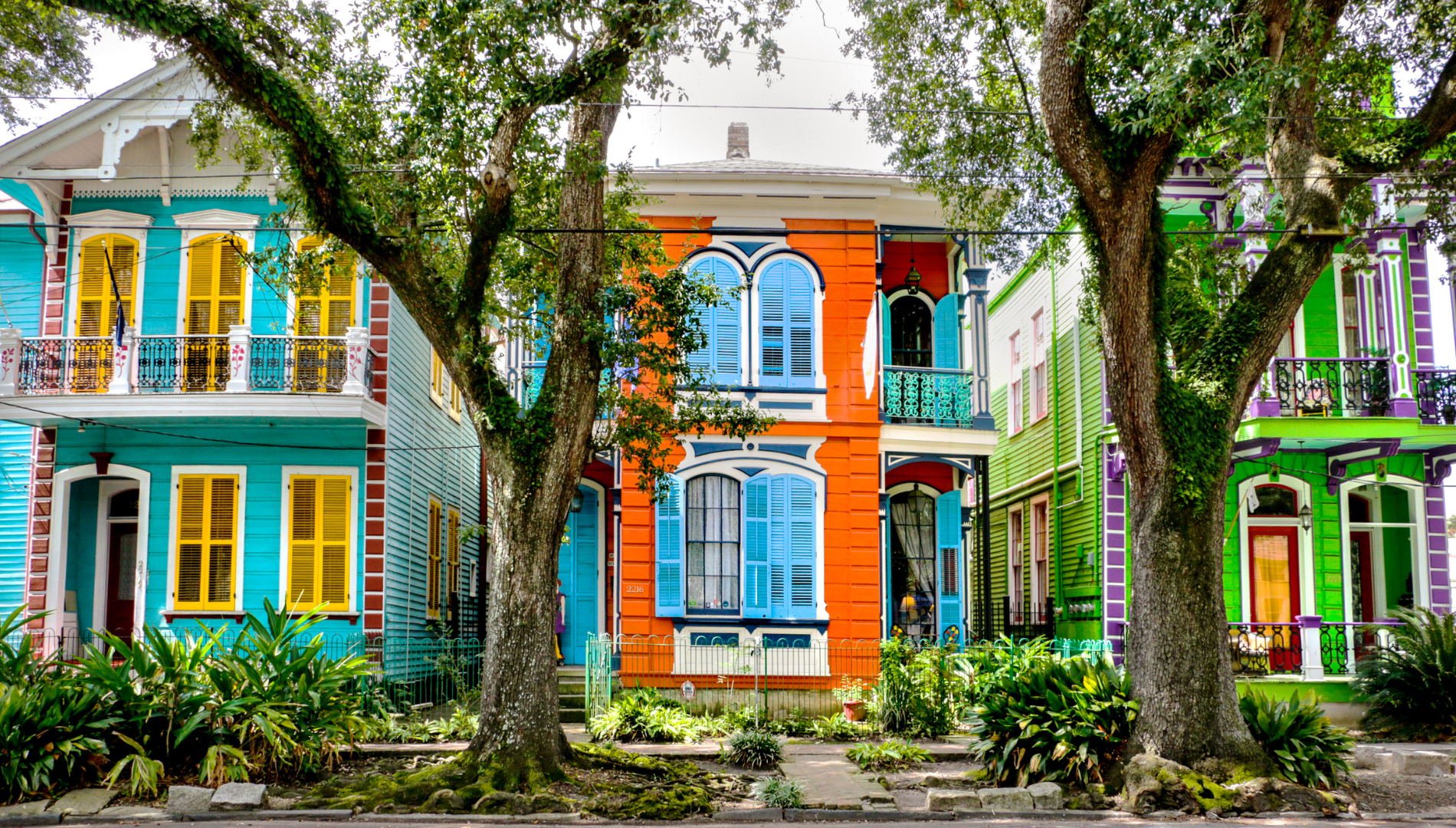
Mold can be a serious issue for homeowners, and mold testing is a crucial step towards ensuring a healthy living environment. Here are some additional points to consider:
- Mold testing can identify the specific type of mold present in your home. This is important because some types of mold can be more harmful than others. For example, black mold (Stachybotrys chartarum) is known to produce mycotoxins that can cause serious health problems.
- The extent of mold growth can also be determined through testing. This information is important for determining the best course of action for remediation.
- In some cases, visible signs of mold growth may not be present. In these instances, mold testing can still be beneficial in detecting any hidden mold growth that may be present.
- DIY mold testing kits are available, but it is recommended that you hire a professional mold testing company. Professional testing can provide more accurate results and can identify potential sources of mold growth that may be overlooked by DIY testing.
- If mold is found in your home, it is important to take immediate action to address the issue. Mold remediation may involve removing affected materials, improving ventilation, and addressing any sources of moisture.
Remember, mold growth can be a serious issue and should not be ignored. If you suspect that your New Orleans, Louisiana home may have mold growth, consider having a professional mold testing company assess the situation to ensure a safe and healthy living environment for you and your family.
You might also like
DryMax Mold Blogs
